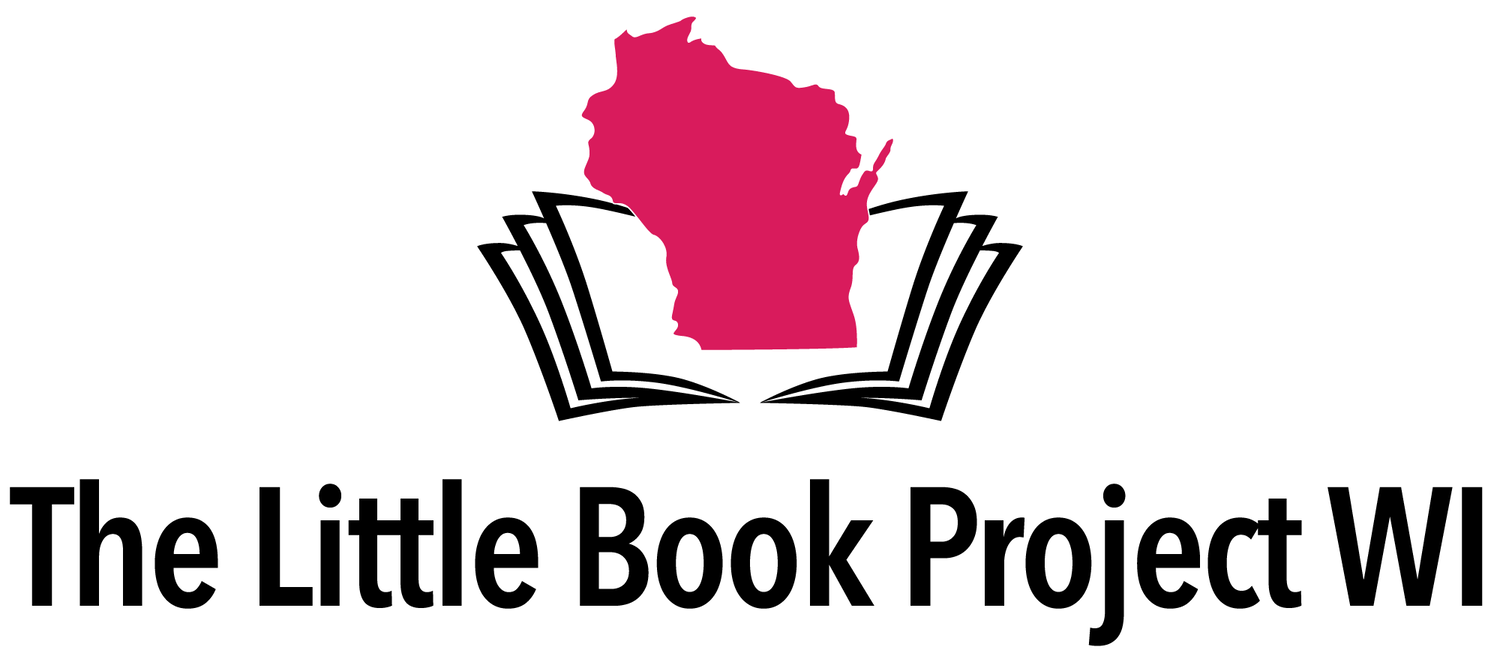Artist Profile: Rebecca Jamieson
Rebecca Jamieson's writing has appeared in publications such as Entropy, Mid-American Review, The Offing, Hunger Mountain and Rattle—plus includes a poetry chapbook The Body of All Things. She is the founder of Contemplate Create, where she teaches creative writing with a mindfulness lens. Rebecca holds an MFA in Writing & Publishing from the Vermont College of Fine Arts. She lives with her two cats on Ho-Chunk land in Madison.
1) What are 2-3 inspirations that have supported your growth and writing process in the past several years?
This year, I stumbled upon the book Living Revision: A Writer’s Craft as Spiritual Practice by Elizabeth Jarett Andrew, and it has been an incredible source of creative growth and inspiration.
I believe writing is an awareness practice. It’s a way for us to understand and befriend ourselves. This sounds good when we’re in the first rush of creative inspiration, but what about when we’re on our third draft—or our twenty-third? “Living Revision…” tackles that question of how to approach revision with compassion and curiosity.
Jarett Andrew writes, “For your writing to change, you must change.” She makes the case that revision isn’t just about writing: it’s about how we learn, grow and transform as human beings. This rings so true to me. Through writing a first draft, I understand more deeply what I think and feel. Through revision, I take that initial flash of inspiration and add layers of meaning and insight. I revise not only the words, but my ideas and perceptions. In a sense, I revise myself. As I change my writing, my writing changes me.
Another source of inspiration this year was participating in Miriam Hall’s annual contemplative writing retreat in the Driftless region. I value Miriam’s retreats because of her wonderfully skilled facilitation, as well as the time to go deeply into my writing in a supportive community. I was able to make a lot of progress on my current project (a book of personal essays) because I had some major insights that will help me finish the manuscript. It’s been over five years in the making so getting closer to the end is very exciting!
2) How do you sustain your creative energy among facets of your work—from your own writing to mentoring to teaching?
It’s definitely an ongoing practice and requires continual adjustment. I used to believe that I had to wake up before dawn to plug away at my writing for hours before putting in a full day of work. And when I couldn’t do it, I’d despair—believing I would never be a successful writer.
When I was doing my MFA in Writing & Publishing at the Vermont College of Fine Arts several years ago, I was writing more than I ever had in my life. Furthermore, I was doing it with a lot of enjoyment and without a lot of hand-wringing. It struck me that what I needed to write consistently was actually quite simple: I needed community and external accountability.
When I moved back to WI in late 2020, I connected with Arts + Literature Laboratory and the Driftless Writing Center. I began attending their fabulous write-ins which have been invaluable. I try to go at least once a week and put in a few solid hours towards my own writing.
I also have a few writing friends who I swap work and feedback with—another essential piece of my creative practice.
I’m lucky that Contemplate Create, my business teaching creative writing classes and mentoring writers, gives me energy and inspiration. I learn so much from my students. When I hear myself giving them advice, it’s a good reminder that I should follow it too!
Meditation and time in nature are also essential pillars of my creative life. In order to have a sustainable creative practice, I need to make sure I’m also nourishing myself in other ways.
3) What is something you hope people take away from you as a writer when they encounter your poems and essays?
That we can look at the hard, messy truths of our lives and find something worthwhile there—perhaps even something beautiful. I’d love for readers to feel seen in my work, even if our lived experiences might be somewhat different. I’d like them to feel inspired to investigate their lives with curiosity and compassion.
In my poetry chapbook The Body of All Things, I wrote a lot about coming of age in the Driftless region. Many of the poems explore the sorrows and joys of family and my sense of deep connection with the more-than-human world.
My second book (currently in progress) is a collection of personal and lyric essays that explores the theme of what haunts us. I write about the ways that a radically nontraditional education, mental health challenges, sexual violence and white supremacy have all haunted my life, in addition to my direct experiences with the supernatural.
Both books required an immense amount of vulnerability, a willingness to face hard truths and compassion towards myself and others. I hope readers will be able to feel a sense of honesty, connection and compassion when they read my work and will feel inspired to write their own stories—even if it’s hard.
4) What are 2-3 exhibitions, concerts, books, spoken word events and/or films you're hoping to check out this fall?
There are always so many great events happening! Here are just a few I’m excited about:
Nature writing and meditative walk with Madison Public Library’s Naturalist in Residence Qwantese Dourese Winters on September 15.
Sing a Black Girl's Song: An Evening Celebrating Ntozake Shange with Dr. Yaba Blay, Tarana Burke, & Imani Perry at A Room of One’s Own on September 20.
The Midwest Video Poetry Fest at Art Lit Lab on October 14 and 15.
Practical Magic Days in Mazomanie and Black Earth on October 13-15.


